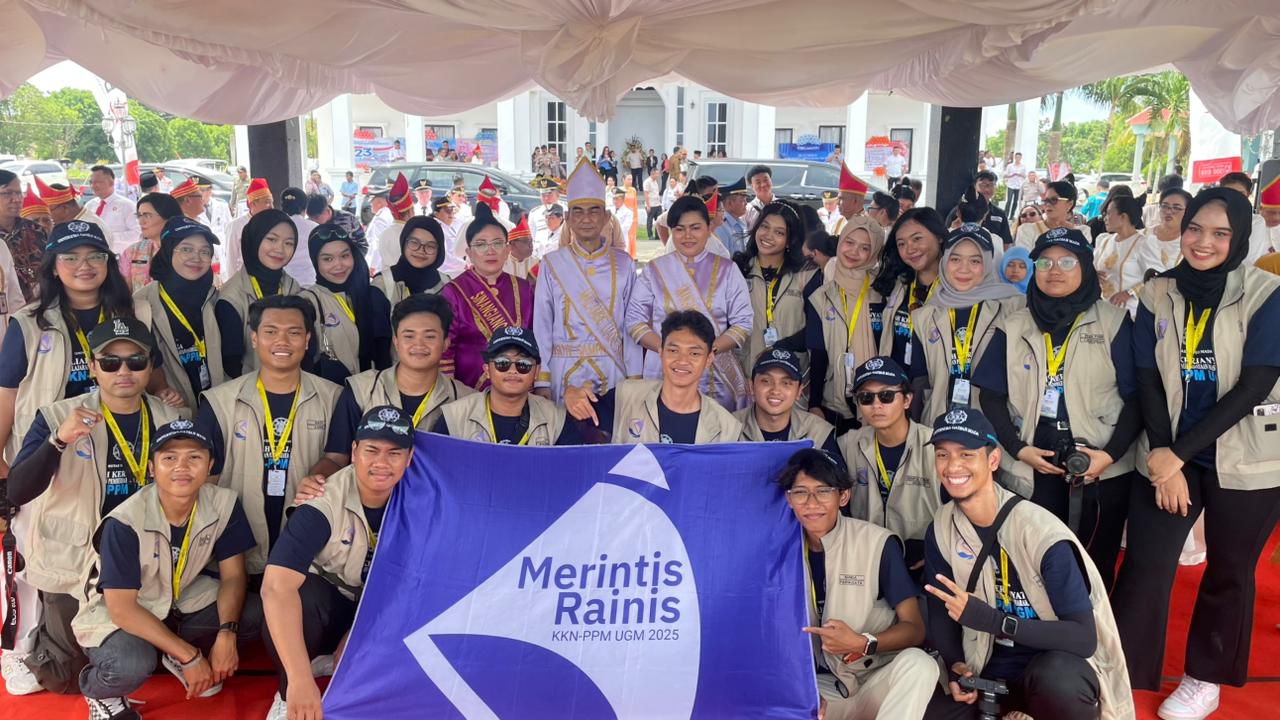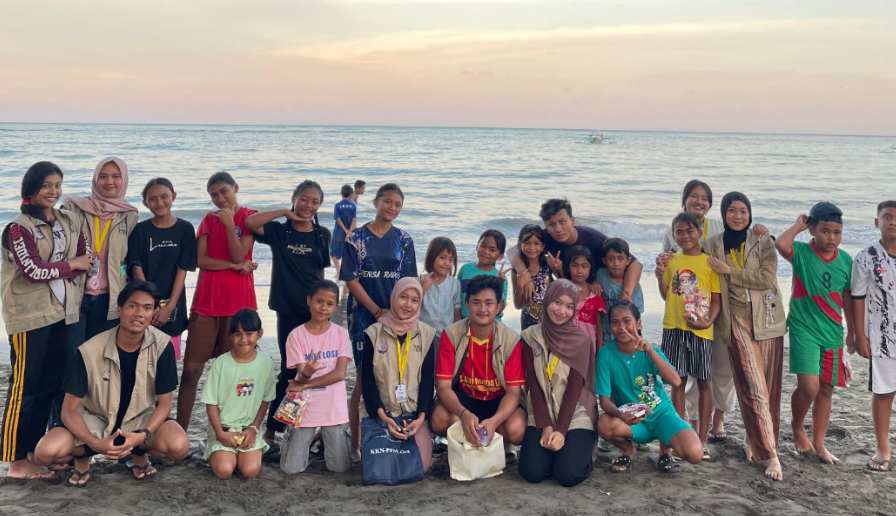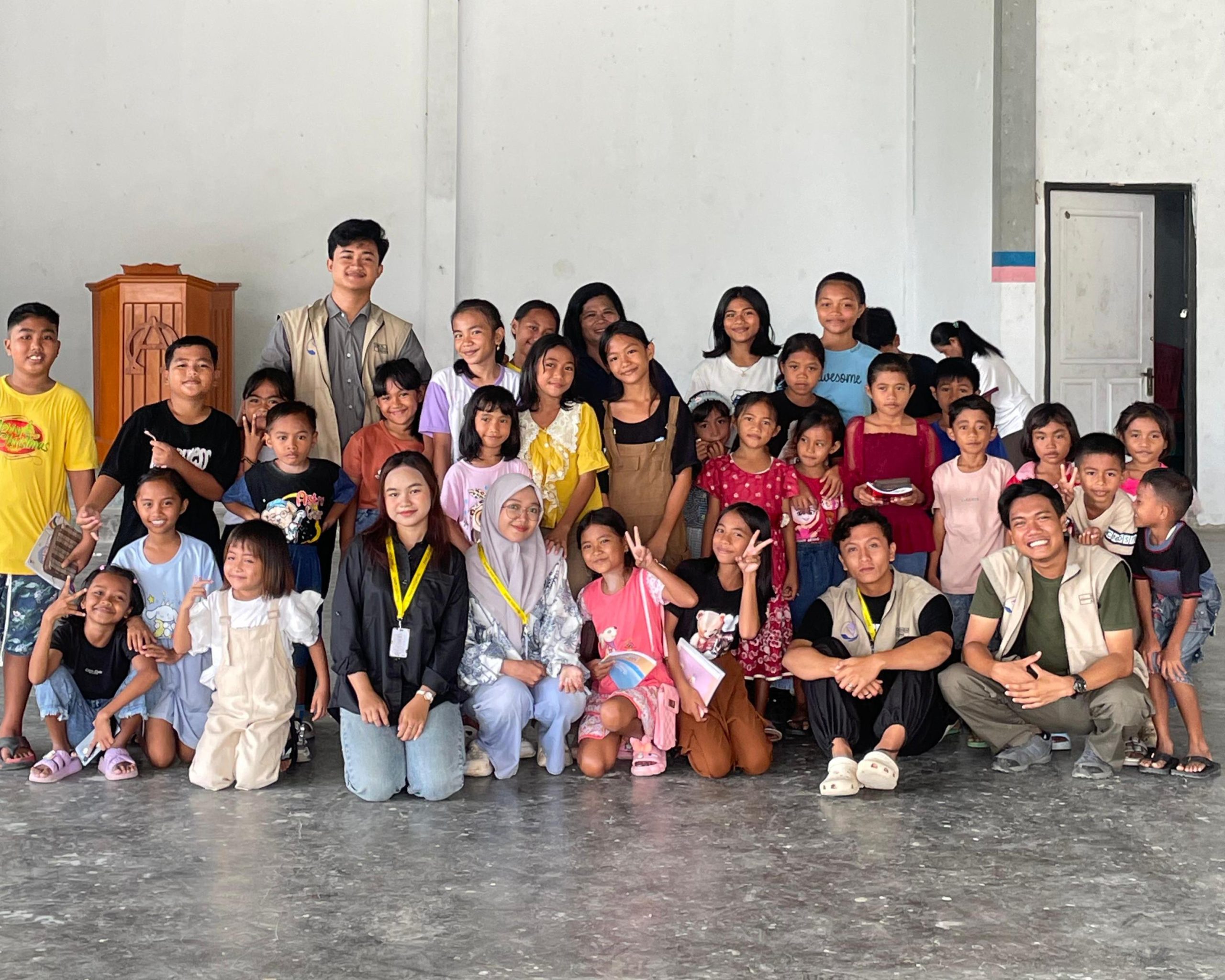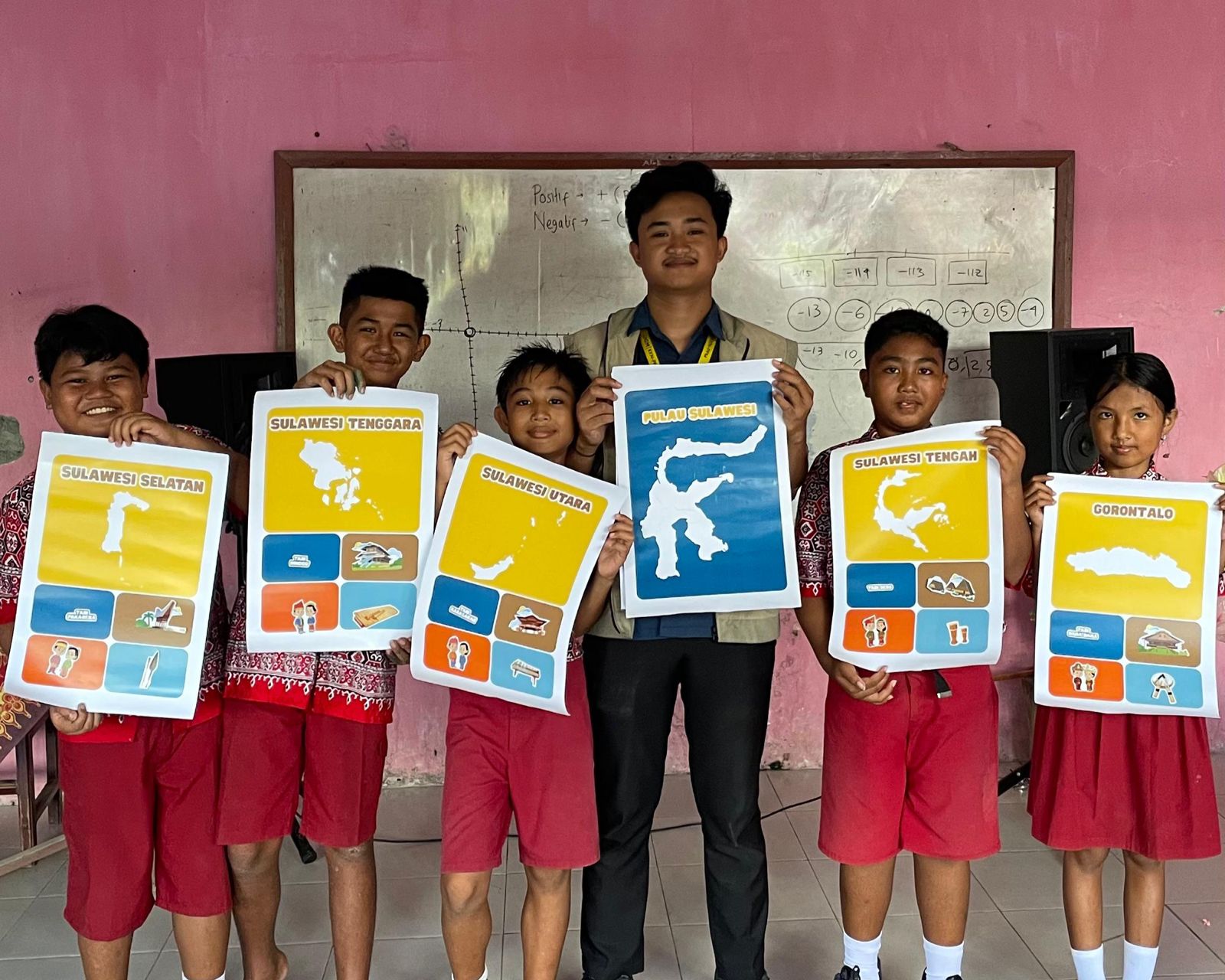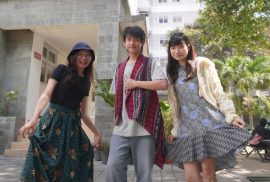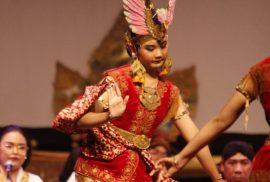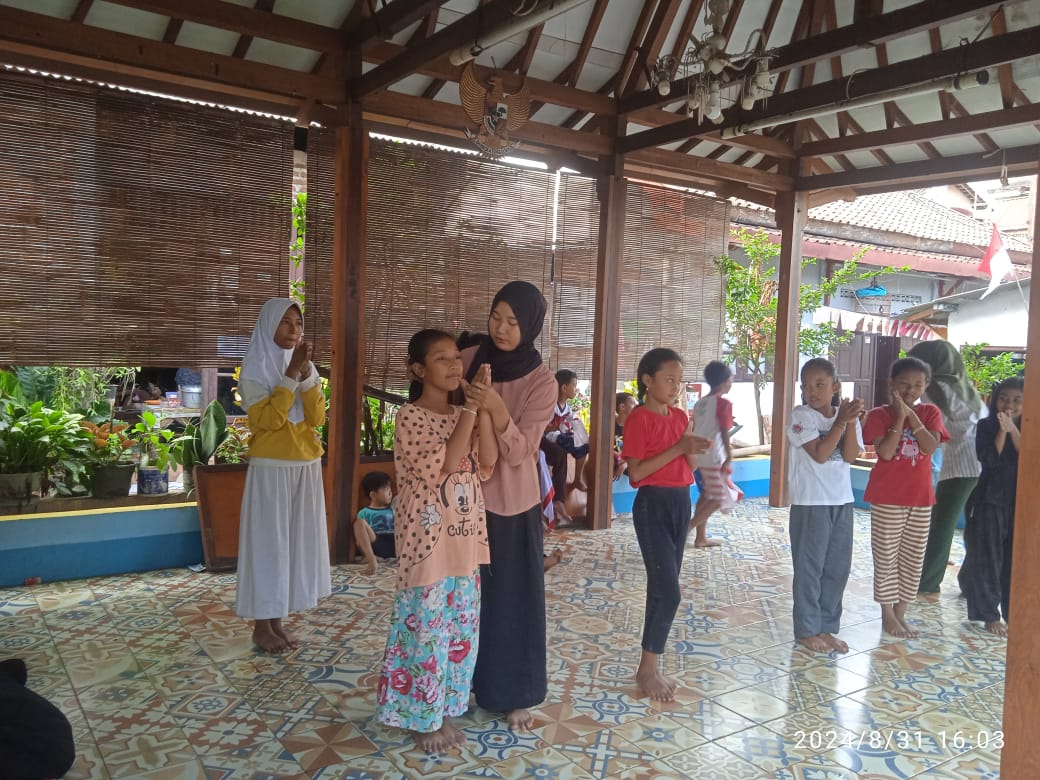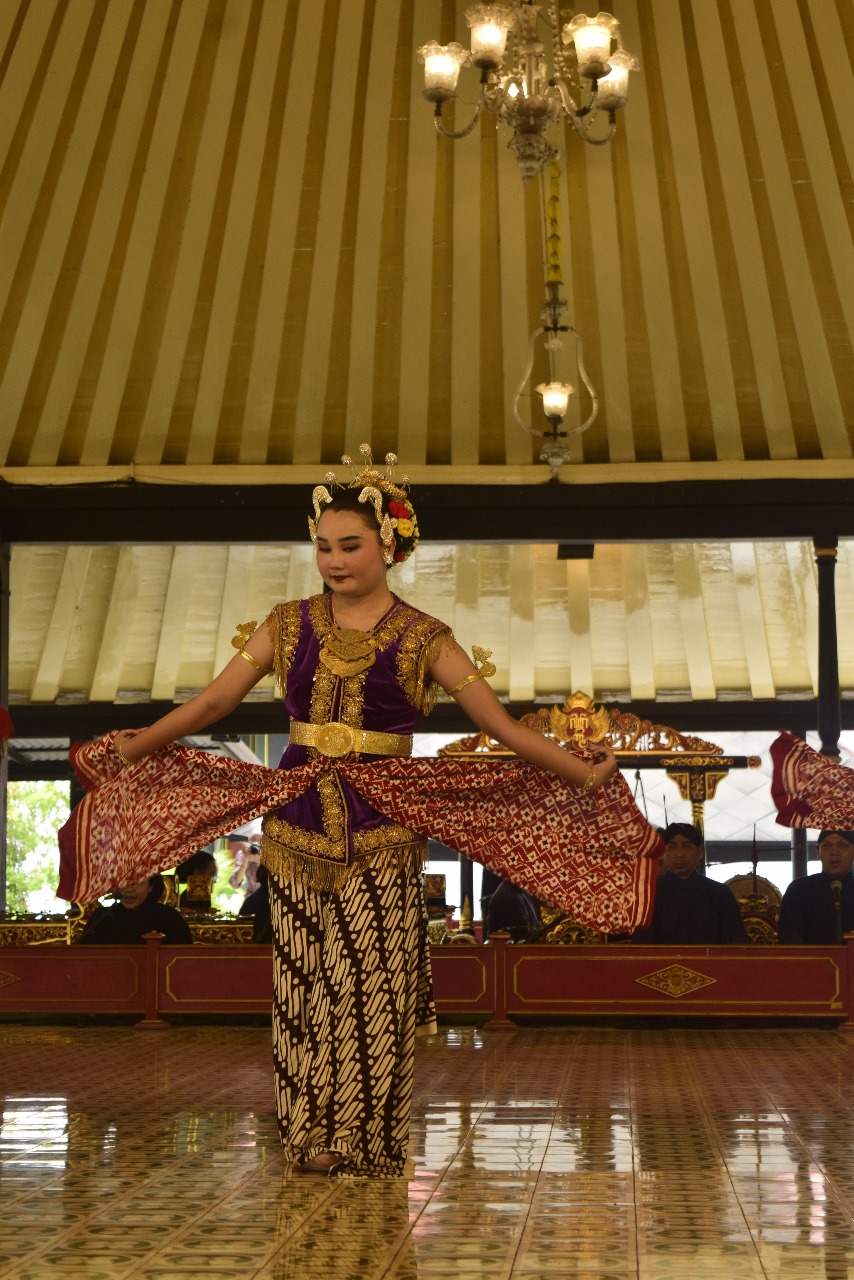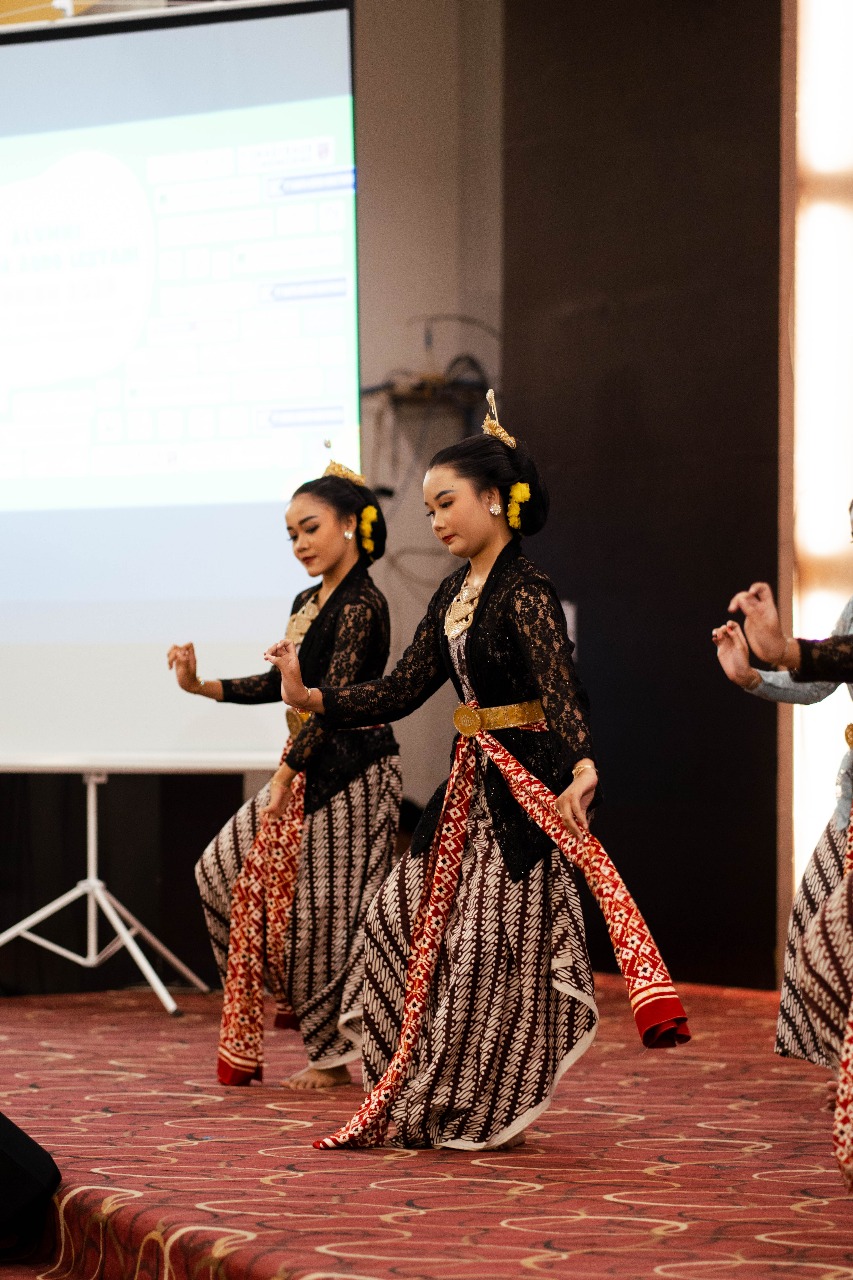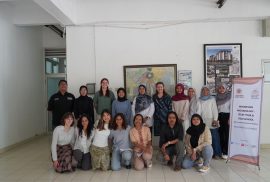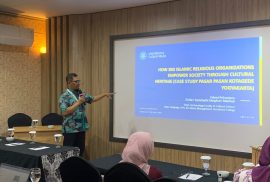Yogyakarta, August 4, 2025 – Muhammad Hafidz Haikal Amirza, commonly known as Haikal, a 2022 cohort student of the Cultural Anthropology Study Program at the Faculty of Cultural Sciences, Universitas Gadjah Mada (UGM), is currently participating in the Community Service and Empowerment Learning Program (KKN-PPM) UGM Period II of 2025 in Bantane Village, Rainis District, Talaud Islands Regency, North Sulawesi. This region is one of Indonesia’s outermost points, directly bordering Davao del Sur, Philippines, making it a strategic yet challenging location for community service programs.
Haikal is part of the KKN Merintis Rainis team in the education sector, consisting of seven students (3 males, 4 females). Throughout the program, all members reside together in the house of the Head of Bantane Village. The presence of the KKN Merintis Rainis team has been warmly welcomed by the villagers, marked by a spirit of mutual cooperation. From the onset, the community exhibited a strong sense of kinship, with men voluntarily erecting a welcoming tent and women preparing meals to share. Such communal spirit is also evident in various village activities, from birthday celebrations and weddings to traditional and religious events.
During nearly two months of service, Haikal focused on the education and socio-cultural sectors, aligning with his background in anthropology. He and his team designed and implemented various activities, including cultural classes for village children and nature-based character education or nature schools. To support the transformation of primary education in underdeveloped, frontier, and outermost (3T) areas, Haikal and his team also facilitated multimedia and information technology training for teachers at SDK Torsina Bantane. This program aims to enhance educators’ capacity to deliver creative and adaptive learning in line with technological advancements.
Additionally, Haikal contributed to the establishment of the Bantane Village Youth Organization (Karang Taruna) as a platform to harness the potential of the village’s younger generation. He was also involved in reorganizing the school library, assisting in teaching at both elementary and high school levels, and supporting resident data collection through the Siga Mobile application, which is part of a technology-based public service system.
An output of the KKN Merintis Rainis program is a study titled “Borders as Social Spaces: Exploration of Identity and Marginalization (Case Study of Bantane Village, Rainis District, Talaud Islands Regency).” This research highlights the unique social dynamics and cultural identity of the Bantane community.
During his stay in Bantane, Haikal observed various interesting and distinctive aspects. He noted that the spirit of mutual cooperation remains vibrant, nightly gatherings serve as warm social interactions, and strong tolerance exists among residents. The clean, pollution-free environment, clear skies, and abundance of coconut trees characterize the village landscape. However, challenges such as frequent power outages and limited communication signals are part of the daily reality.
Haikal’s activities during KKN also directly align with efforts to achieve the Sustainable Development Goals (SDGs). Through educational assistance and technology training for teachers and village children, Haikal contributes to SDG 4: Quality Education, emphasizing the importance of inclusive and quality education for all. His involvement in resident data collection, library revitalization, and the formation of the village youth organization also supports SDG 11: Sustainable Cities and Communities by strengthening social and institutional capacities at the local level.
Furthermore, by choosing a service location in a 3T area, Haikal and the KKN team strive to promote equitable development and service access, aligning with SDG 10: Reduced Inequalities, by reaching regions that have been less accessible to development. The successful collaboration between students, village government, schools, and the community also reflects the spirit of SDG 17: Partnerships for the Goals, emphasizing the importance of cross-sector collaboration in sustainable development.
Haikal also conveyed a message of encouragement to his peers at the Faculty of Cultural Sciences UGM who will participate in the next KKN period:
“Best wishes to FIB friends who will undertake KKN. It will be a very valuable experience for you not just about service, but also about how we learn and integrate with the existing community. Use the knowledge you’ve gained on campus to make an impact and contribute to Indonesian society.”
[Public Relations FIB UGM, Alma Syahwalani]


